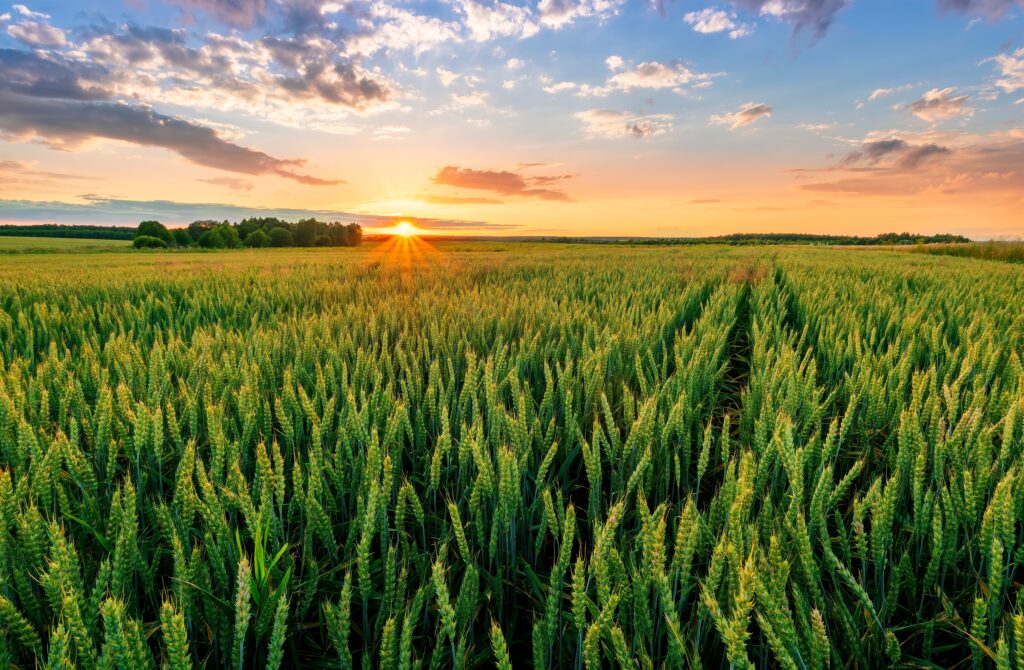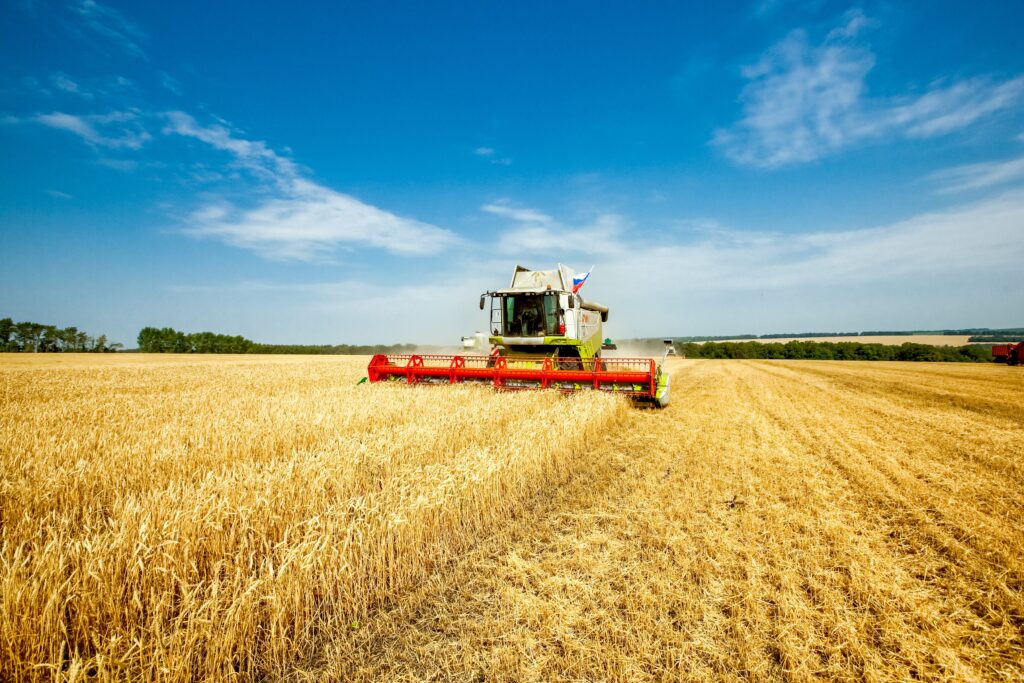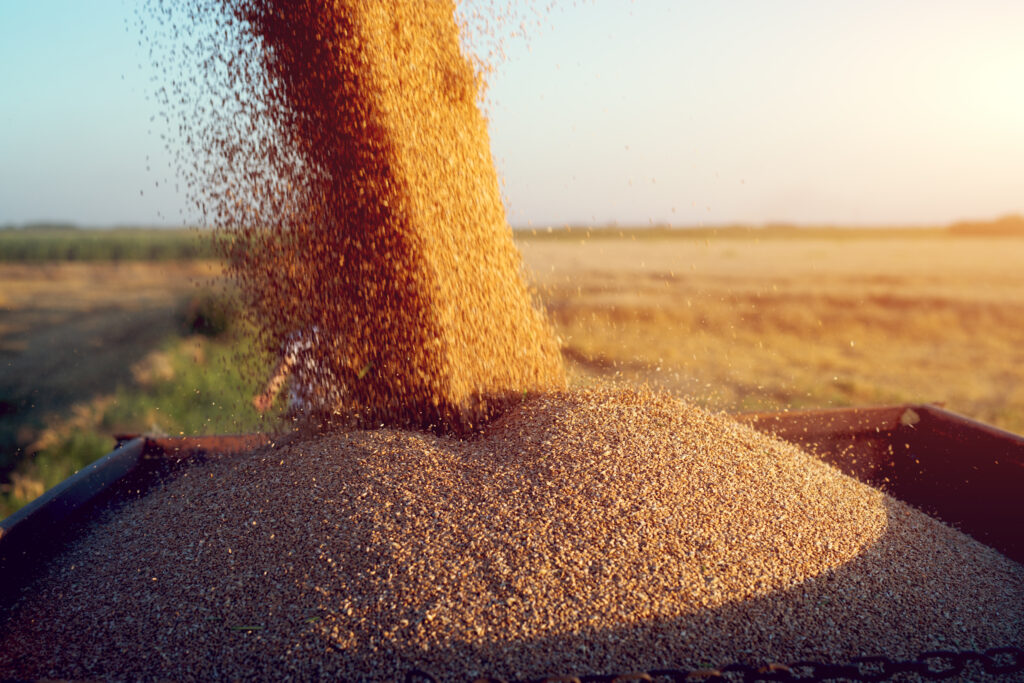Sustainability & Regenerative Agriculture
The majority of the wheat we use is grown in the UK supplied from over 4,000 farms. We recognise that agricultural practice has a significant role to play in respecting the natural environment, reducing carbon emissions and working towards greater resilience to increasingly volatile weather conditions.
For this reason, Allied Mills is sponsoring a trial programme focussed on assessing the commercial and environmental impact of wheat grown using a range of regenerative agriculture techniques, including ‘min-till’ to minimise soil disturbance. The selected farms cover 6,500 hectares of land within 40 miles of our Sunblest Mill at Tilbury. We pay participating farmers a premium for their grain and buy at least 5,000 tonnes from them for each year of the trial. The project has positively impacted the environment by improving soil health, reducing inputs to crops, using less energy and improving biodiversity. The plan is to share the output of this trial programme as part of broader efforts to support other UK farms to adopt management practices that can be shown to optimise the balance between environmental and production efficiency.





